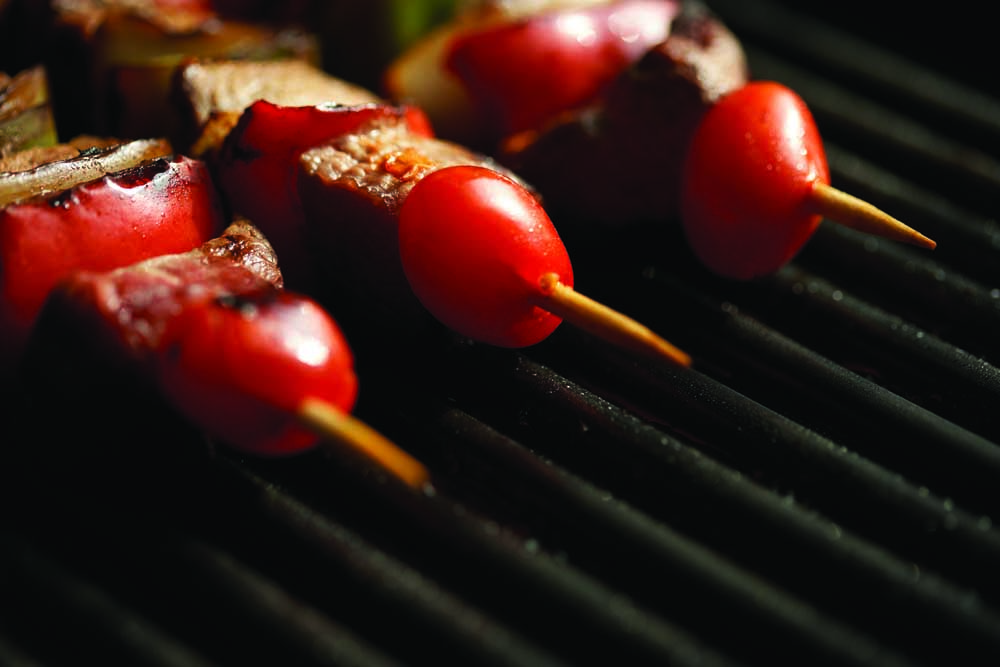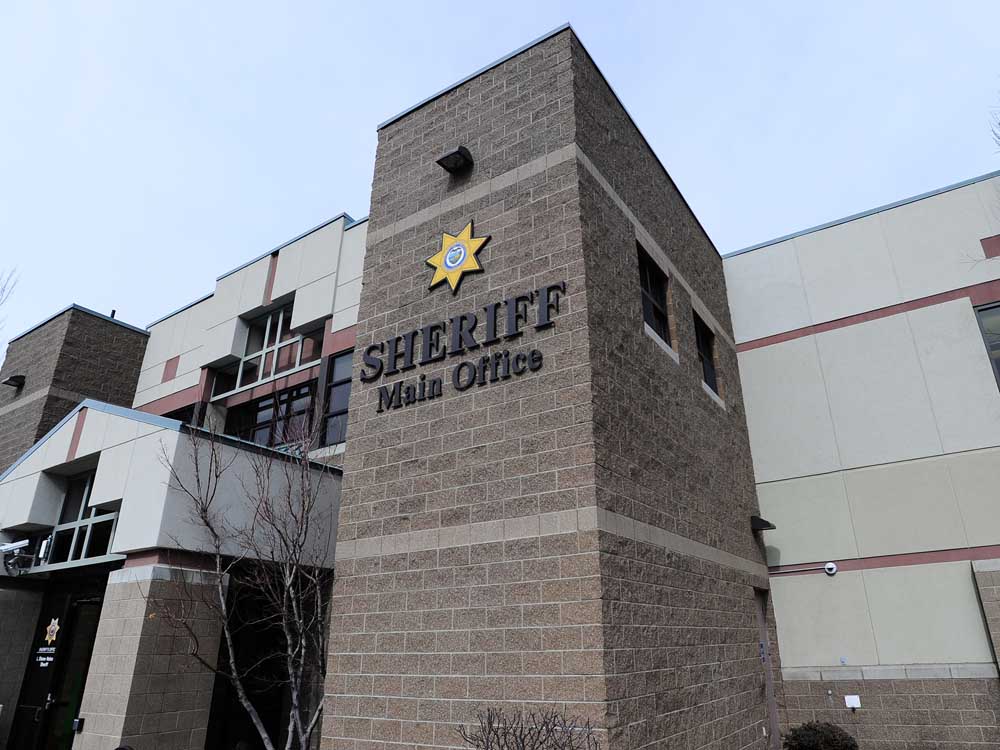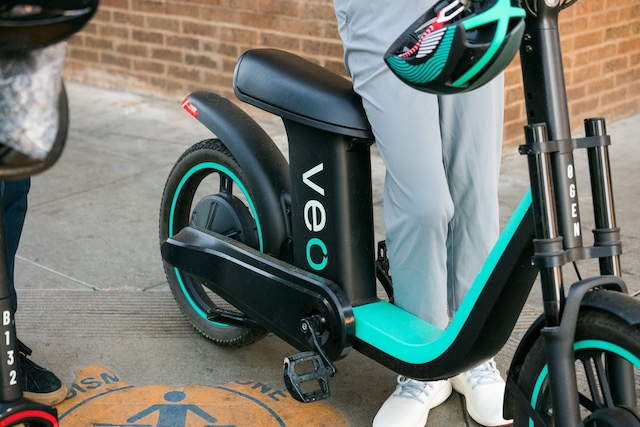The Perfect Barbeque
Published 12:00 am Saturday, June 27, 2015

- Shish kabobs on grill
I’ve been cooking professionally for more than half my life, and when it comes to grills, BBQs, and smokers, I’m still baffled. Do you use charcoal, pellets, or propane? Is it that important to have a side burner? Can’t I just cook my beans in the house? And is there a difference for which is best when cooking hotdogs or hamburgers, tri tip or steak, salmon or vegetables?
“On the outside, they all look alike,” said Scott Holmer, owner of Patio World, who specializes in propane grills and creating outdoor kitchens and living spaces, “and so what happens is people end up with a low quality grill.”
Trending
For many consumers, cost is often the one of the first considerations, but Holmer says one of the first questions to consider is how you plan to use your grill.
“Almost every BBQ under $500 has a pretty short lifespan. You’re dealing with heat, juices dripping down on the mechanisms. Thing can corrode,” continued Holmer. “But if you’re only cooking on it a few times a year, then that inexpensive grill can last 10 to 15 years.”
An avid griller himself, Holmer estimates he uses his grill at least 250 days a year.
“People complicate grilling. I believe in easy grilling. You want to spend time with your friends and family, not fiddling with your grill. … Propane allows you to control the heat across your grill and get dinner on the table quickly without having to wait for pellets or charcoal to heat up.”
When investing in a higher end propane grill, Holmer says to look for one with multiple heat zone options and even heat distribution as well as replaceable parts.
“The housing on a good grill should last 20 to 25 years, even with heavy use,” he said. “But you may need to replace a burner or heat dispersion bar before then. On cheap grills, replacement parts usually aren’t available and when it stops working, you have to replace the whole thing.”
Trending
Propane grills are also the leader in grill accessories, often with accessory burners to heat up a pot of beans or keep your BBQ sauce hot while you grill. Some even come with rotisserie options for whole chicken or beef roasts.
“With a propane grill, you can really cook an entire meal start to finish, steaks, veg, some people even bake in them.”
Another BBQ option that’s been gaining momentum in the last few years is the pellet grill, which has the advantage of the addition of wood smoke, flavoring your food.
One advantage to the pellet grill is the addition of specific smoke flavors.
“You can get mesquite, alder, applewood, whatever you want to permeate the meat,” said Craig Carroll, owner of High Desert Ranch and Home. “There’s a flavor and tenderness that you just can’t get with a gas grill.”
Pellet grills, however, can run between $1,000 and $3,000 depending on the make and model, and do take more time to prepare meals. While a propane grill gives you the ability to have a hamburger on the table in 10-12 minutes, with a pellet grill it can take half an hour.
But pellet grill owners swear by smoke being the key element that flavors your food.
“I used to have a propane grill, and I’ll never go back,” said Carroll. “Pellet grilling is about the experience just as much as it is about the food. Slow cooking gives you more flavor. Salmon gets that wonderful smokey flavor.”
Carroll offers the Mak Grill at High Desert Ranch and Home, which is made in Dallas, Oregon, and comes with an optional external smoker box.
“You can cold smoke cheese in it,” he said with a laugh. “People just don’t believe how much they’ll use it and how good their food can be until they try one.”
“There’s so much out there these days technology wise, that you can get the exact grill to fit your needs,” explained Scott Gilchrist of Big R in Redmond, which carries a wide range of grill options including propane, pellet, and charcoal. “We even offer a smoker by Green Mountain Grill that has WiFi and you can control remotely through your phone,” he added.
Gilchrist himself is a fan of the pellet grill and what it does to the flavor of grilled meat, but is also a proponent for getting the right grill for your own use.
“Charcoal is great for the weekender. It’s cheap, and it’s portable. You can take it camping or boating by the lake. It’s also great for searing meat. When you move the coals, you can get both indirect and direct heat for different cooking zones,” he explained. “Propane has ease behind it. You don’t have to think about, which is great; and pellet grills ignite themselves and have the smokey flavor of charcoal, but keep going until you’re done.”
The more you spend on whichever grill you choose, the more technology you’re going to get and usually the higher quality your grill’s components will be, but it’s important to not to go overboard, getting more grill than you need.
“Do your internet research,” continued Gilchrist. “Decide which direction you want to go, and how much you’re actually going to use it. You don’t need a $3,000 grill if you’re just going to cook hotdogs on it twice a year. But you also may be excited to expand what you do if you have something more powerful. Either way, come in, ask questions. There’s a grill for everyone, and we all want the best tasting food we can get.”








